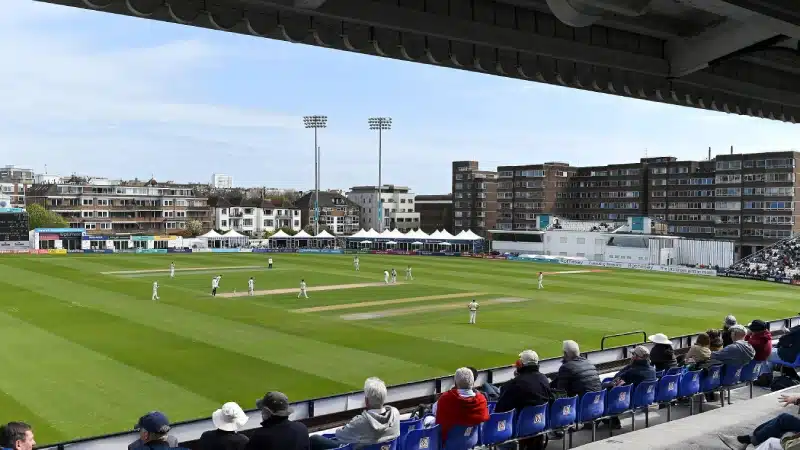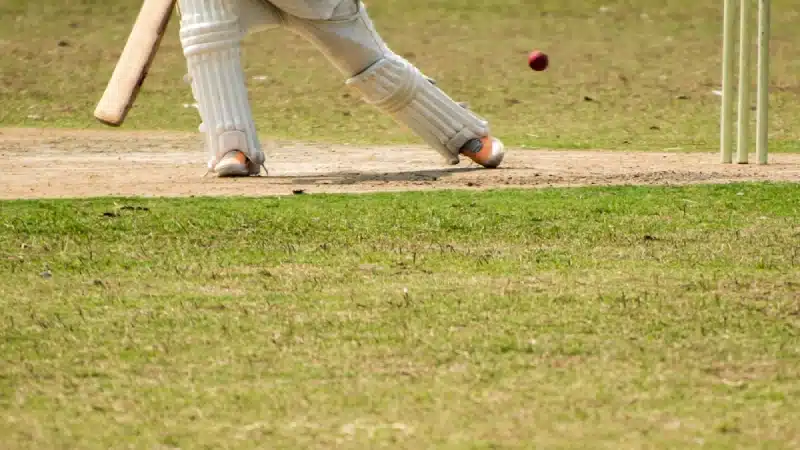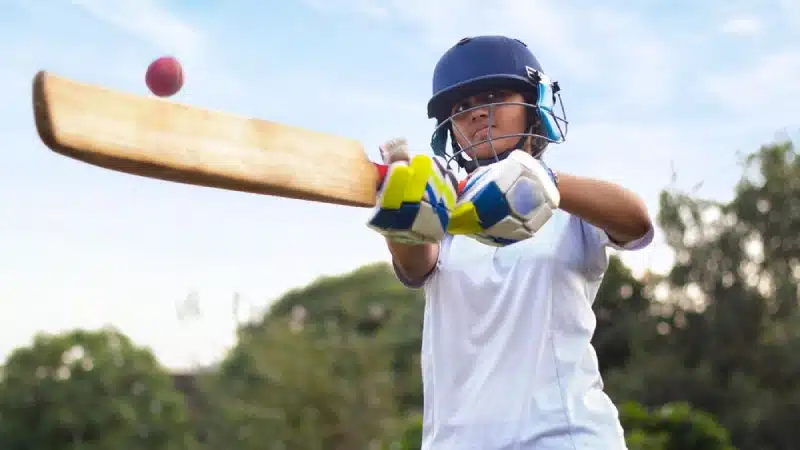
Test teams will be allowed to field substitutes for players displaying symptoms, the International Cricket Council said on Tuesday.
The new regulation is one of several interim changes designed to prevent the spread of the virus when cricket resumes, including a ban on saliva being used to shine the ball.
As happens with concussion substitutes, any replacement would be able to play a full part in the match but it would be down to the match referee to approve the nearest like-for-like switch.
Previously, substitutes were restricted to fielding.
The regulation for replacements would not be applicable in limited-overs internationals.
Read | Will saliva ban threaten cricket's kings of swing?
Other changes ratified by the ICC's chief executives committee include a ban on applying saliva to the ball, a method employed by fast bowlers on one side of the ball to make it swing.
A team can be issued with up to two warnings per innings but repeated use of saliva on the ball would result in a five-run penalty to the batting side.
But the ICC explained in a statement that "the umpires will manage the situation with some leniency during an initial period of adjustment for the players".
International travel restrictions have seen the ICC relax its rule mandating that neutral umpires stand in Tests.
The ICC said given there may be 'less experienced' officials on duty it would increase the number of unsuccessful appeals per innings for each team to three for Tests and two for white-ball formats.
Read | Tendulkar, Lee seek alternative to saliva on cricket ball
Concerns had been expressed that the pandemic might lead to Chris Broad -- the only English official on the elite panel of referees -- adjudicating on incidents involving an England team featuring his son, Stuart Broad.
The new regulations are set to apply for the first time when England face the West Indies in the opening match of a three-Test series at the bio-secure venue of Southampton, starting on July 8.
Feature image courtesy: AFP / Marty Melville




















